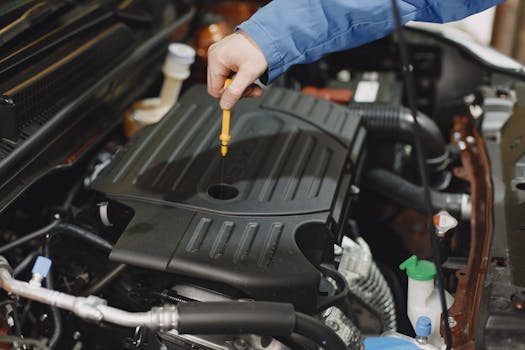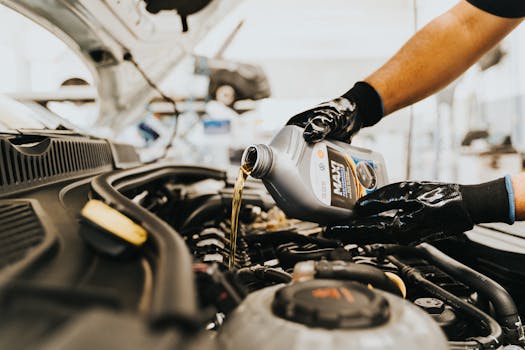
Takeaways
- Regular maintenance extends engine life.
- Frequent oil changes are crucial for engine health.
- Monitoring fluid levels and replacing filters can prevent major issues.
Introduction
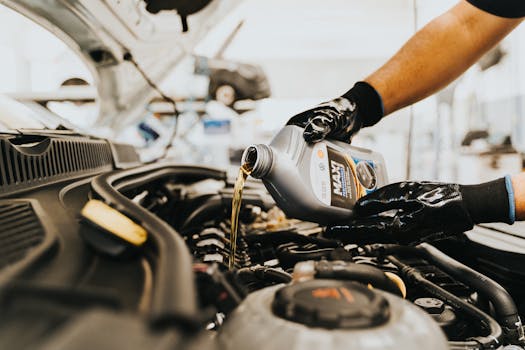
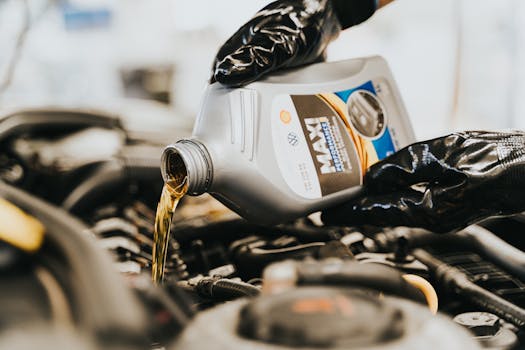
Understanding Your Engine
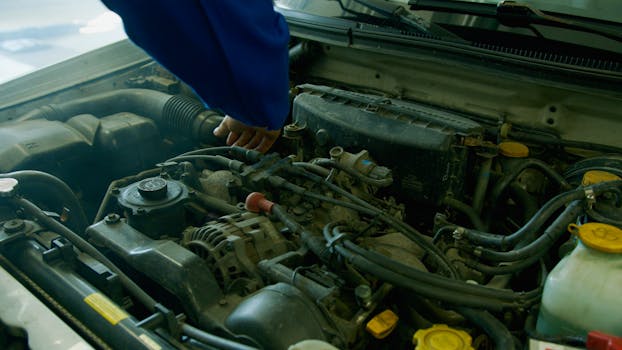
Modern engines are designed to be more efficient and durable than their predecessors, but they still require regular upkeep. Neglecting engine maintenance can lead to decreased performance, reduced fuel efficiency, and ultimately costly repairs. Here are some key aspects of engine maintenance:
1. Regular Oil Changes
Oil is the lifeblood of your engine. It lubricates moving parts, reduces friction, and helps cool the engine. Over time, oil can become contaminated with dirt and debris, which can lead to engine wear and tear.
It’s essential to change your engine oil as recommended by the manufacturer, usually every 3,000 to 5,000 miles, or as specified in your owner’s manual. Regular oil changes will help keep your engine running smoothly and efficiently.
2. Check Fluid Levels
In addition to oil, your engine relies on various fluids to operate effectively. Regularly check the levels of coolant, transmission fluid, brake fluid, and power steering fluid. Low fluid levels can lead to overheating and other serious issues.
Always top off fluids as needed and have the system flushed and replaced as recommended by your mechanic or vehicle manufacturer.
3. Replace Air and Fuel Filters
The air and fuel filters are crucial for maintaining engine performance. The air filter prevents dirt and debris from entering the engine, while the fuel filter ensures that only clean fuel reaches the engine components.
Replace the air filter every 15,000 to 30,000 miles, and the fuel filter according to your vehicle’s specifications. A clean filter allows for better airflow and fuel efficiency, improving engine performance.
Keeping the Engine Clean

1. Engine Bay Cleaning
Regularly clean the engine bay to remove dirt, grease, and debris. This not only improves the appearance of your engine but also helps you spot leaks and other issues early. Use a degreaser and a soft brush for tough spots, and rinse carefully to avoid damaging electrical components.
2. Addressing Leaks Promptly
If you notice any leaks under your vehicle, address them immediately. Leaks can lead to low fluid levels, which can cause significant engine damage. Consult a mechanic to identify and fix the source of leaks.
Monitoring Engine Performance
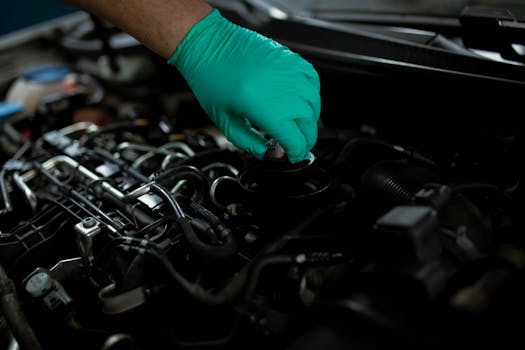
1. Listen for Unusual Noises
Unusual noises, such as knocking, tapping, or grinding sounds, can indicate problems within the engine. If you hear anything out of the ordinary, have it checked by a professional.
2. Watch for Warning Lights
Modern vehicles are equipped with warning lights on the dashboard that alert you to potential issues. Pay close attention to these lights and take immediate action if they illuminate.
Conclusion
